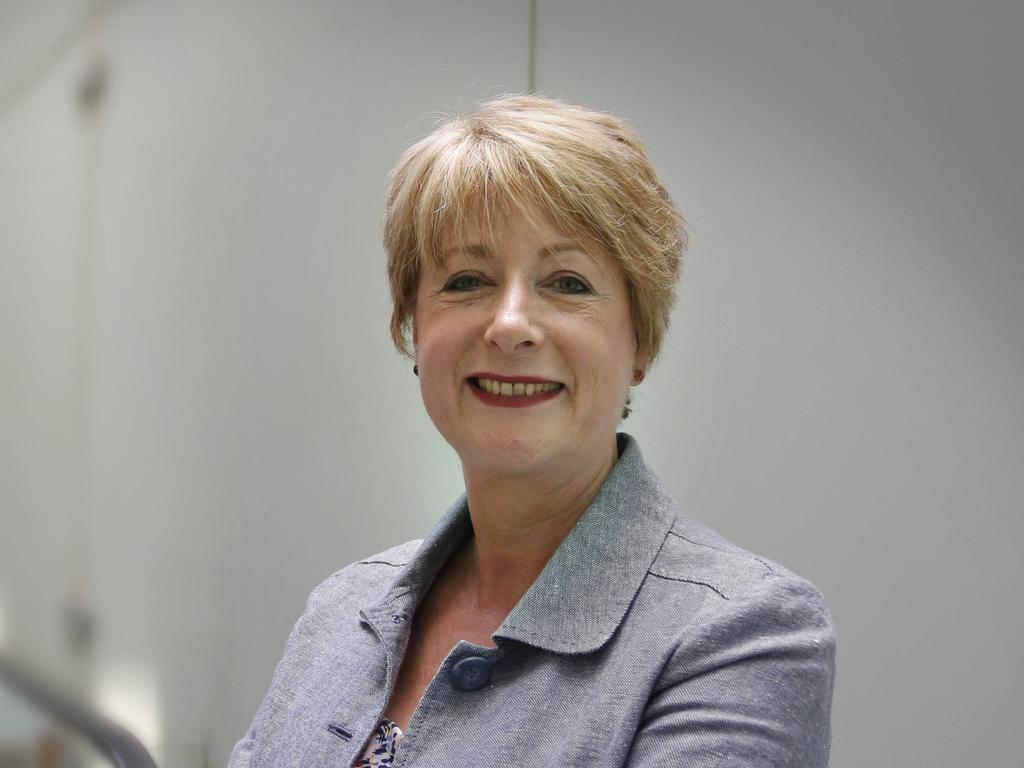Warning to corporate Australia: modernise on AI
Corporate Australia is largely unprepared for the rapid deployment of AI systems that is underway, a new report has found.

Corporate Australia is largely unprepared for the rapid deployment of artificial intelligence systems that is underway, with a poor understanding of regulations, ethical responsibilities and risks, a new UTS study says.
“Any corporate leader who thinks their company does not rely on AI is almost certainly unaware of how AI is already built into many of their organisation’s systems or how AI is being used without their knowledge,” the report’s foreword reads. “The Robodebt scandal showed dramatically how algorithmic systems can go wrong at scale.”
Report authors Lauren Solomon and Nicholas Davis of the UTS Human Technology Institute based the study on surveys, interviews and workshops, engaging more than 300 company directors and executives.
It comes at a time of significant development and uptake of AI. The launch of generative AI ChatGPT in November last year introduced the power of the technology to the public.
On Tuesday, the government flagged imminent “measures” to curb the risks of AI systems.
“The Prime Minister’s National Science and Technology Council has prepared a report for the Prime Minister and government on generative AI – more commonly known as ChatGPT, and like functions or applications,” Science Minister Ed Husic told Sky News.
“We’re going through the process of considering that report and we’ll announce shortly some other measures.”
The UTS report found that AI is “rapidly becoming core to how organisations in Australia and around the world operate”.
Study author Dr Davis said the coming of AI was a “momentous” innovation.
“AI represents the biggest potential change in productivity since the invention of the spreadsheet,” he said. “We’re at that level. AI systems are rapidly becoming essential to creating value across all sectors.”
Of the corporate leaders surveyed in the study, the most common AI uses were in customer service (41 per cent); marketing or sales (39 per cent); and clerical, administration and back-office work (37 per cent).








To join the conversation, please log in. Don't have an account? Register
Join the conversation, you are commenting as Logout